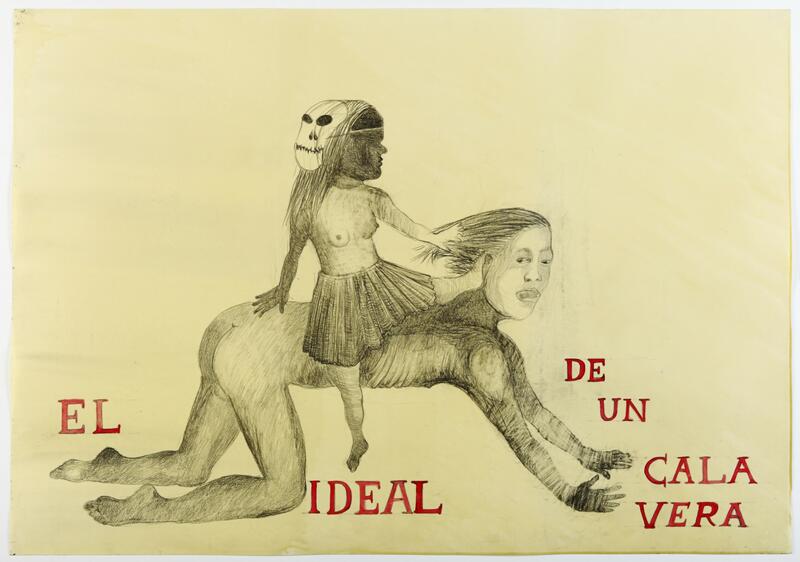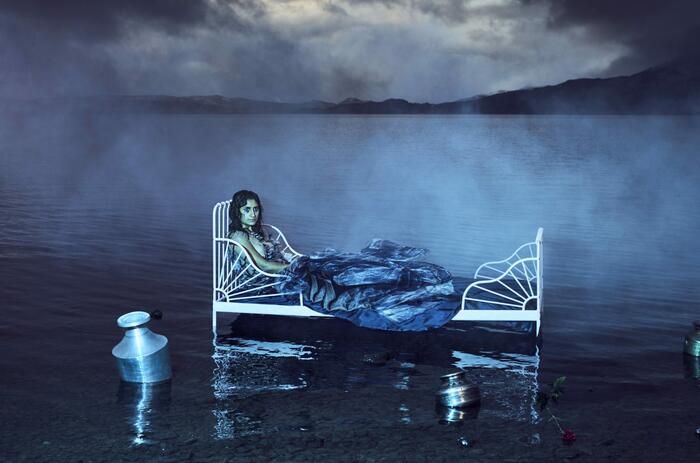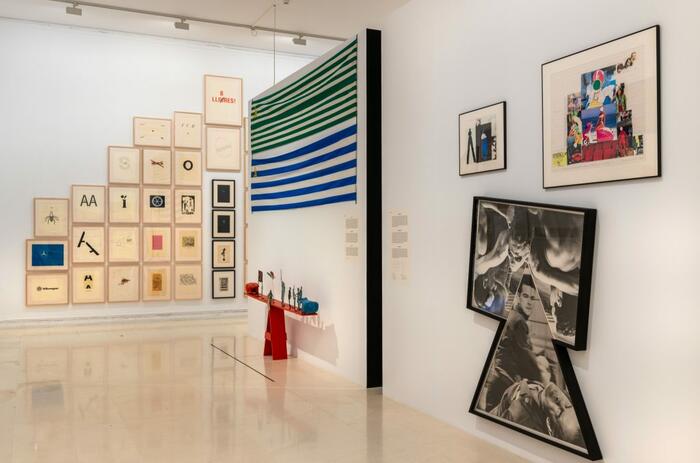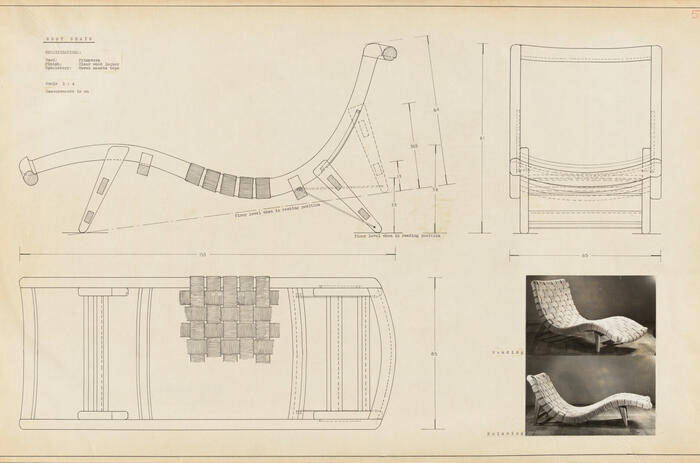SANDRA VÁSQUEZ DE LA HORRA AT DENVER ART MUSEUM
The Denver Art Museum (DAM) presented Sandra Vásquez de la Horra: The Awake Volcanoes, the first solo show in a U.S. Museum for the Chilean artist, known for her participation at the 2022 Venice Biennale and being the recipient of the prestigious Käthe Kollwitz Prize for 2023.

Curated by Raphael Fonseca, the DAM’s Curator of Modern and Contemporary Latin American Art, The Awake Volcanoes is on view through July 21, 2024, in the Gallagher Family Gallery on level 1 of the Denver Art Museum.
The Awake Volcanoes highlights paintings, drawings and prints by Vásquez de la Horra, who resides in Berlin, Germany. In her work, she explores notions of fantasy, desire, fear and pleasure to explore the relationship between the human body and the world around it. Drawing is central to her practice, reminding viewers that it is a flexible and dynamic medium that is still essential to contemporary art making.
The exhibition is divided into four sections: Late un fuego allí dentro: There’s a fire inside, which explores the relationship between body and landscape; Botánica de la evolución: Botanics of the evolution, pays close attention to the cycles of life; Los pensamientos: The thoughts, asks in what ways does an image dialogue with writing; and Aguas profundas: Deep waters, offers a coexistence between humans, spirituality and our surroundings.
The Awake Volcanoes features 193 artworks spanning her four-decade career, including surrealistic drawings, paper sculptures and photographs. Her art explores mythologies, fantastical and hybrid botanicals, diverse geographies and text, with writing in Spanish, English, Italian, Latin and German, expanding the possibilities of meanings for each artwork.
-
Sandra Vásquez de la Horra, Erupciones (Eruptions), 2019. Graphite pencil, watercolor, gouache (opaque watercolor), and wax on paper; 27¾ × 19 in. © and courtesy of the artist. Photo © Eric Tschernow.
-
Sandra Vásquez de la Horra, El ideal de un Calavera (The Ideal of a Skull), 2012. Graphite pencil, watercolor, and wax on paper; 39 × 27 in. © and courtesy of the artist. Photo © Cordia Schlegelmilch.
-
Sandra Vásquez de la Horra, Saludos a Olorum (Greetings to Olorum), 2021. Graphite pencil, watercolor, and wax on paper; 84¼ × 61 in. © and courtesy of the artist. Photo © Eric Tschernow.
Vásquez de la Horra was born in 1967 in Viña Del Mar, Chile, growing up during Augusto Pinochet’s 17-year military regime and leaving her home nation to study in Germany in the 1990s. Her drawings often include symbols from different cultures, and her female figures perform contrasting roles in narratives that deal with freedom, spirituality, and nature. Vásquez de la Horra’s works frequently show female bodies melding with surrealistic landscapes, and her practice is known for its poetic and artistic experimentation that weaves the absurd with the affirmation of affection and pleasure.







